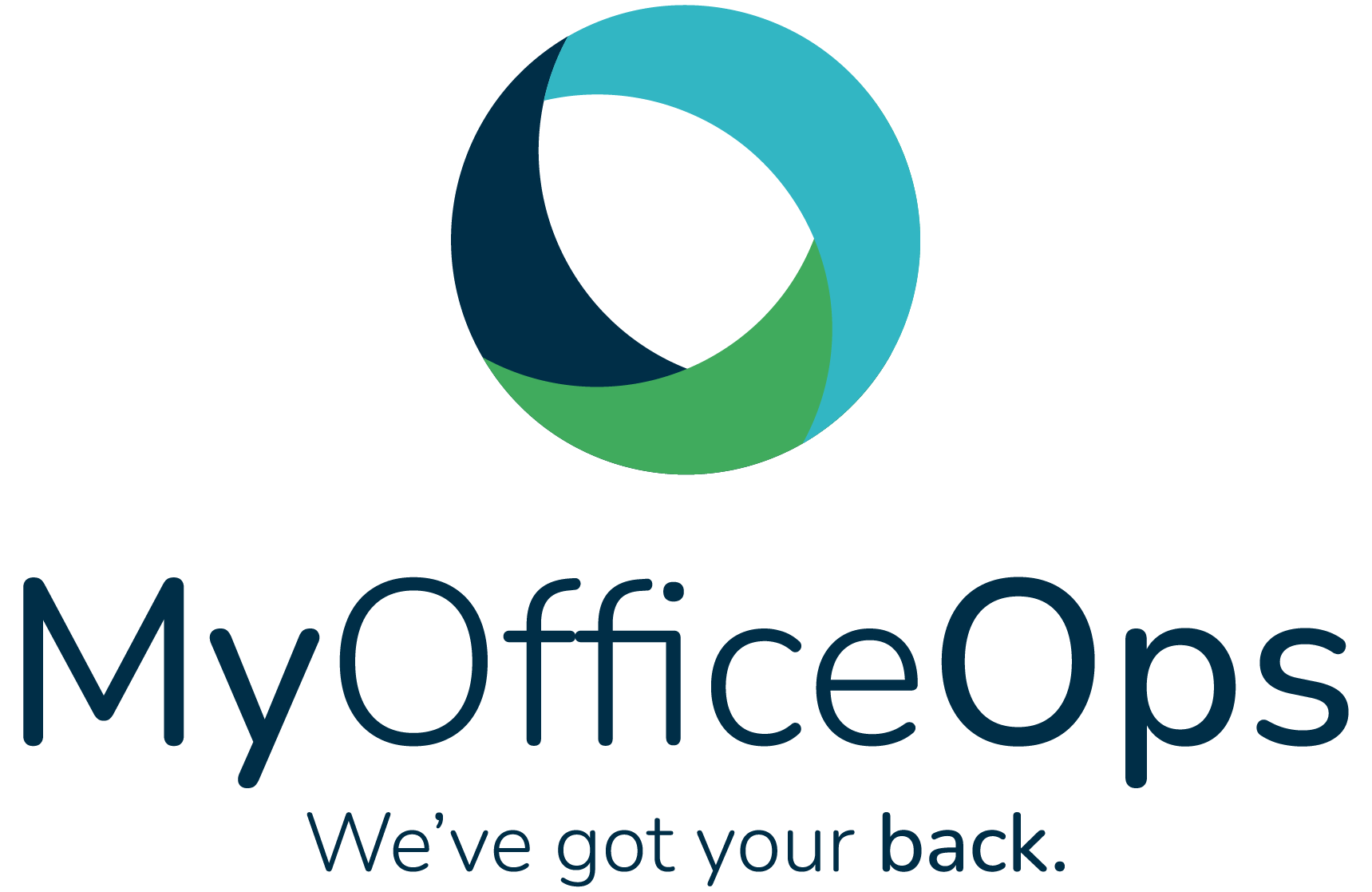Every business owner reaches a point where they look at their financial statements and thinks, “What now?” You know the numbers, but turning them into effective business decisions is like putting together a complicated puzzle with missing pieces. I’ve spent years watching business owners struggle with this exact problem. They’re experts in their field but spend countless hours stressing over bookkeeping tasks that take them away from growing their business. Yet even when the books balance perfectly, they’re left wondering how to use that information to make better business decisions.
Accounting advisory services bridge this critical gap. They transform financial data into strategic insights that drive business growth. But many business owners don’t fully understand what these services include or how they differ from standard bookkeeping.
In this guide, we’ll look at how accounting advisory services have evolved from traditional number-crunching into strategic business partnerships that can dramatically impact your company’s growth trajectory and bottom line.
What Are Accounting Advisory Services?
Accounting advisory services extend well beyond traditional bookkeeping and tax preparation.They reflect a holistic approach to financial management that prioritizes analysis, strategy, and future planning over just recording past transactions. Advisory services are forward-looking and proactive.
These services usually include:
- Strategic financial planning and analysis
- Business performance evaluation
- Risk assessment and management
- Growth strategy development
- Profitability analysis and improvement
- System optimization and technology integration
- Succession planning and exit strategies
- M&A support and valuation services
The Evolution of Accounting
The accounting profession has undergone a remarkable transformation over the past several decades. Historically, accountants were viewed primarily as number-crunchers in charge of managing ledgers, preparing tax returns, and facilitating compliance with regulations.
Accountants now function as strategic corporate partners, providing vital insights that drive decision-making and success. Many factors have contributed to this development:
- Technological advancements that automate routine tasks
- Increased business complexity requiring specialized expertise
- Growing recognition of the strategic value of financial data
- Heightened competition pushing businesses to seek every possible advantage
These changes have created new opportunities for businesses to make use of their accountants’ expertise in ways that directly impact their bottom line and competitive positioning.
Benefits Of Accounting Advisory Services
Here’s how these services can transform your operations and outcomes:
Strategic Edge
- Financial Insights: Advisory services provide deeper analysis of your financial data, identifying trends, patterns, and opportunities that might otherwise remain hidden. These insights can reveal which products, services, or client segments are most profitable, allowing you to strategically allocate resources.
Imagine a manufacturing company discovering through detailed cost analysis that their smallest product line was actually generating their highest profit margins—a fact completely obscured in their overall financial statements. By acting on this insight with a strategic pivot, such a company could potentially increase their overall profitability by 22% within one year.
- Strategic Planning: With advisory services, financial data becomes the foundation for powerful strategic planning. Advisors help establish realistic goals based on historical performance, market conditions, and growth potential, then develop detailed financial roadmaps to achieve these objectives.
This approach transforms vague aspirations like “growing the business” into specific, measurable targets with clear financial implications and accountability measures. When you partner with a strategic financial advisor, your business planning becomes both more ambitious and more achievable.
Financial Safeguards
- Risk Assessment: Effective advisors identify potential financial vulnerabilities before they become problems. Through regular risk assessments, they help businesses prepare for various scenarios, from economic downturns to industry disruptions.
This proactive approach includes stress-testing your financial models against different conditions and developing contingency plans that can be quickly implemented when needed. With proper risk management, businesses can weather challenges that might otherwise prove devastating.
- Regulatory Compliance: Businesses face potential compliance issues as tax codes, financial rules, and reporting obligations change on a regular basis. Advisory services help manage these complexities, making sure you remain compliant while optimizing your position within regulatory frameworks.
Staying ahead of regulatory changes is particularly valuable when dealing with agencies like the IRS, where compliance failures can result in significant penalties. The right advisor helps you structure your operations to maximize advantages within the rules.
Operational Efficiency
- Process Optimization: Advisory services identify inefficiencies in financial processes and recommend improvements that save time and reduce errors. From streamlining approval workflows to implementing automated reconciliation systems, these improvements free up valuable resources.
Many business owners learn that with optimized financial processes, they can redirect significant staff time toward value-adding activities rather than administrative tasks. These improvements in efficiency frequently result in large cost reductions.
- Technology Integration: Modern accounting advisors excel at integrating financial technology solutions that transform business operations. Whether implementing advanced bill pay systems, inventory management tools, or business intelligence platforms, they make sure that your technology investments deliver maximum returns.
The right tech stack not only automates routine tasks but also provides real-time financial insights that support agile decision-making. When properly implemented, these tools create a competitive advantage that extends well beyond basic efficiency gains.
What’s Next?
Understanding how these trends evolve will help you get the most use out of advisory services.
Current Trends
- AI and Automation: Artificial intelligence is transforming accounting advisory services by automating data analysis and pattern recognition that once required hours of human effort. This tech allows advisors to process larger datasets quicker, identifying subtle trends and anomalies that might otherwise go unnoticed.
For example, AI-powered analysis can now:
- Predict cash flow fluctuations with greater accuracy
- Identify potential fraud patterns before significant losses occur
- Recommend optimal timing for major purchases or investments
- Automate scenario planning across multiple variables
The most effective advisory firms combine AI capabilities with human expertise, using technology to enhance rather than replace professional judgment.
- Data Analytics: Advanced analytics have become central to accounting advisory services, providing deeper insights than traditional financial reporting. By integrating financial data with operational metrics, customer info, and market indicators, advisors can help businesses understand the drivers behind their numbers.
Modern analytics platforms enable:
- Cohort analysis to track customer value over time
- Contribution margin analysis by product, service, or customer segment
- Predictive modeling for resource planning
- Real-time performance tracking against strategic goals
These analytical capabilities transform the advisory relationship from periodic review to ongoing strategic partnership, with continuous insights informing business decisions.
Staying Compliant, Staying Competitive
- Recent Legislation: The past few years have seen significant regulatory changes affecting business finances, from tax code revisions to relief programs during economic disruptions. Staying current with these changes requires dedicated resources that many businesses lack internally.
Accounting advisors track these developments continuously, translating complex regulatory language into practical application for your specific business situation. This knowledge is especially useful when laws change in big ways and acting quickly can bring big cash benefits.
- Compliance Strategies: Rather than viewing compliance as a burden, sophisticated advisory services develop strategies that turn regulatory requirements into business advantages. This might involve restructuring operations to qualify for tax incentives, modifying reporting periods to optimize cash flow, or implementing documentation systems that simultaneously satisfy regulatory requirements and provide useful management information.
The best compliance strategies achieve multiple objectives simultaneously: reducing risk, minimizing administrative burden, and creating opportunities for financial optimization.
Making The Most Of Advisory Services
These best practices will help you find the right service provider and make good use of their services.
Choosing the Right Partner
- Industry Expertise: Look for advisors with specific experience in your industry who understand its unique financial dynamics and regulatory considerations.
- Service Alignment: Make sure the firm’s service model matches your needs. Some excel at ongoing advisory relationships, while others specialize in project-based engagements.
- Technical Capabilities: Evaluate their tech stack and analytical tools, as these significantly impact the depth and timeliness of insights they can provide.
- Cultural Fit: The most productive advisory relationships involve close collaboration, so compatible communication styles and business philosophies matter.
- Client Portfolio: Request case studies or references from clients similar to your business in size, industry, or growth stage.

Questions to Ask Potential Providers
- “How do you translate financial data into actionable business recommendations?”
- “What metrics do you track for businesses like mine, and why are those significant?”
- “Can you describe a situation where your advice substantially improved a client’s financial performance?”
- “How do you stay current with regulatory changes affecting my industry?”
- “What technology platforms do you use, and how will they integrate with our existing systems?”
- “What is your communication process for both routine updates and urgent issues?”
Pro Tip: The selection process should involve multiple stakeholders from your organization, including operations and sales leaders who will benefit from the advisory relationship beyond the finance department.
Integration and Implementation
- Change Management: Successfully implementing advisory recommendations often requires organizational change. Effective advisors facilitate this process by:
- Helping communicate the rationale behind changes to affected stakeholders
- Providing implementation roadmaps with realistic timelines
- Identifying potential resistance points and developing mitigation strategies
- Training staff on new processes or systems
- Establishing clear accountability for various aspects of implementation
This change management support transforms theoretical recommendations into practical improvements that deliver measurable results.
- Monitoring Progress: Establish clear metrics to evaluate the impact of your advisory relationship, reviewing these regularly with your provider. Here’s how to know if it’s effective:
- Financial performance indicators tied to specific advisory initiatives
- Implementation milestones for recommended changes
- Efficiency metrics for financial processes
- Staff satisfaction with financial systems and information
- Return on investment calculations for major advisory projects
Regular review sessions should assess both quantitative outcomes and qualitative benefits, with adjustments to the advisory approach as needed based on results.
Accounting advisory services have transformed from a luxury into a necessity for businesses looking for sustainable growth. By providing strategic insights, risk management, and operational improvements, these services deliver value far beyond traditional accounting functions.
Ready to transform your financial function from a record-keeping necessity to a strategic asset? See how MyOfficeOps can help you make use of accounting advisory services to enhance your business operations and achieve your growth objectives.
Our team of experienced professionals combines deep financial expertise with practical business knowledge to deliver insights that drive measurable results. Contact us today to schedule a consultation and discover the difference strategic financial guidance can make for your business.
Don’t miss our free financial growth guide for additional insights on optimizing your business finances.
FAQs
How are accounting advisory services different from traditional accounting?
Traditional accounting focuses primarily on recording past transactions and ensuring compliance, while advisory services use financial data to provide forward-looking strategic guidance for business decision-making.
At what stage should a business consider accounting advisory services?
Businesses typically benefit most when facing growth transitions, considering major investments, experiencing cash flow challenges, or seeking to improve profitability, though the preventative value of advisory services makes them worthwhile before problems arise.
How do accounting advisory services typically charge for their work?
Most firms offer either project-based fees for specific initiatives or monthly retainer arrangements for ongoing advisory relationships. At MyOfficeOps, we provide all-inclusive flat monthly pricing based on the scope of work.
Can accounting advisory services work remotely, or do they need to be on-site?
With modern technology platforms like QBO, advisory services can be delivered effectively through a combination of remote collaboration and periodic on-site meetings. This hybrid approach often provides the best balance of efficiency and relationship development.
How quickly will I see results from accounting advisory services?
Initial insights and recommendations can be delivered within the first month of engagement, with measurable financial improvements typically emerging within three to six months depending on the complexity of the business and the nature of the changes being implemented.
How is a fractional CFO different from an accounting consultant?
A fractional CFO provides high-level financial leadership and strategic guidance on a part-time basis, while consultants typically focus on specific projects or limited-scope advice.





